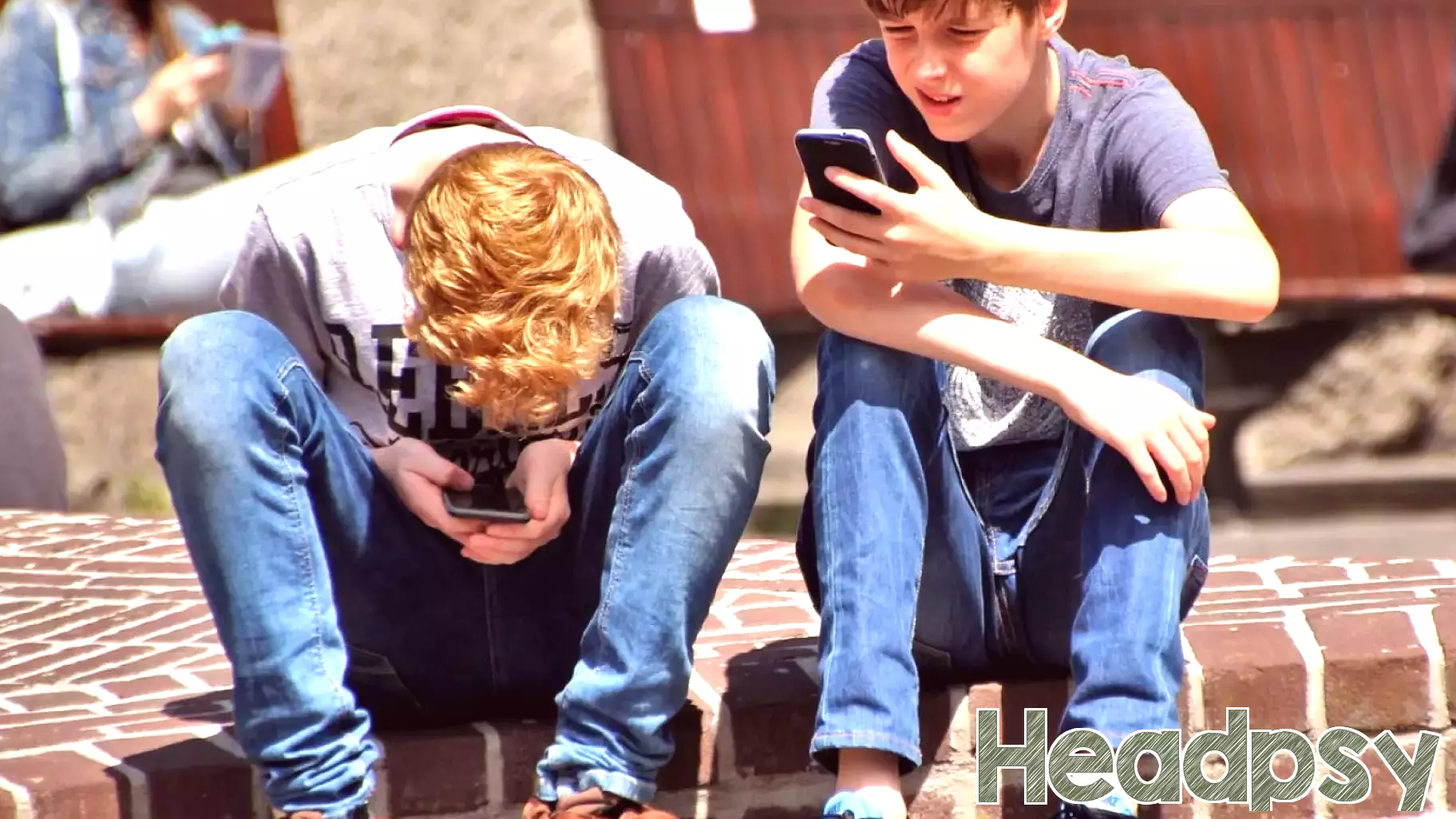The Impact of Screen Engagement on Youth Mental Health
July 28, 2025 - 06:53

Recent findings suggest that the nature of screen use among children and teenagers plays a more significant role in their mental health than the sheer amount of time spent in front of devices. While tracking total screen time is convenient, it does not capture the complexities of how young people interact with digital media.
Research indicates that problematic screen use, characterized by excessive engagement or reliance on screens for social interaction, can lead to increased feelings of anxiety, depression, and loneliness among youth. Conversely, healthy screen use, which includes educational content and positive social interactions, can have beneficial effects.
As parents and educators navigate the digital landscape, understanding the qualitative aspects of screen time becomes crucial. Encouraging balanced and mindful media consumption might help mitigate the adverse effects on mental well-being. Prioritizing the quality of screen interactions over quantity could foster healthier relationships with technology for the younger generation.
MORE NEWS

February 21, 2026 - 01:50
Why Babies Are CuteHave you ever wondered why a baby`s face seems to command your attention and care? The answer lies in a powerful evolutionary design. Specific features like large eyes, round cheeks, and a small...

February 20, 2026 - 13:07
Love Eternal’s Uncanny Mix of Precision Platformers and Psychological HorrorThe indie gaming scene continually pushes boundaries, and the upcoming title Love Eternal is a striking example. It fuses the demanding skill ceiling of a precision platformer with the unsettling...

February 19, 2026 - 20:44
Hyperphantasia: When Imagination Is as Vivid as Real LifeFor most, imagination is a gentle whisper of images and ideas. For those with hyperphantasia, it is a roaring, full-sensory experience. This condition represents the extreme upper end of the...

February 19, 2026 - 03:54
What Happens Inside Prof. Frances Frei’s Office HoursWhat happens when leaders drop the performance and bring their real problems? A weekly ritual in trust, candor, and disciplined thinking offers an answer. For years, Professor Frances Frei has...